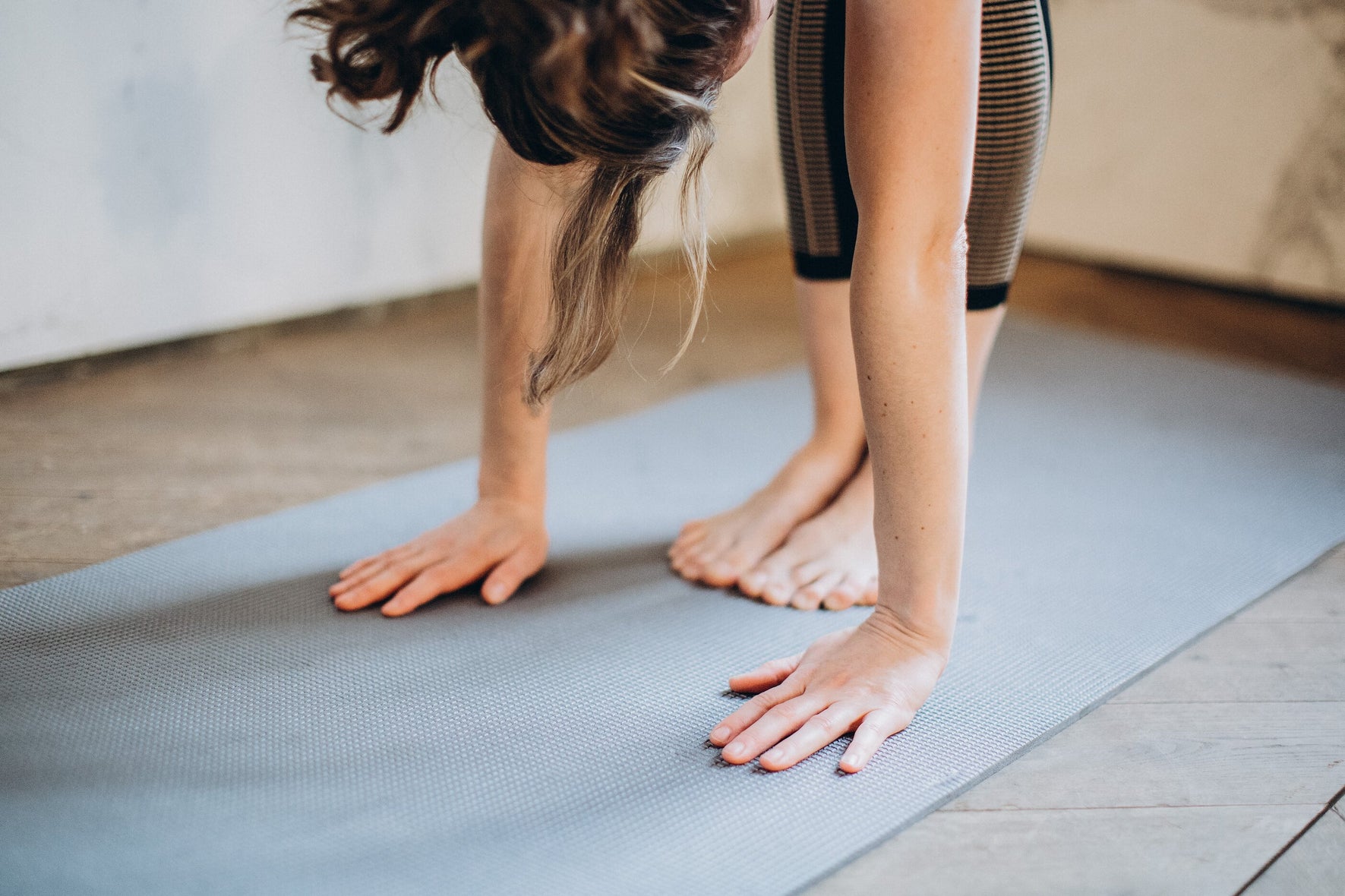
The Best Exercises for Menopause
Going through the perimenopause or menopause can be a difficult transitional time for many women. Hormonal changes trigger myriad symptoms ranging from insomnia and mood swings to hot flushes. Alongside a host of emotional issues also come plenty of physical changes. These can include weight gain, reduced bone density and joint aches and pains. While there are a few things you can try to manage your symptoms such as adjusting your diet and taking supplements for added support, exercise is one thing that should be top of your agenda. As well as having a physiological impact, exercise is a good way to alleviate any stress you might be feeling and enhance your overall quality of daily life.
Mix it up to protect your bones
As your levels of oestrogen plummet during the perimenopause, so does your bone density. Oestrogen is, amongst other things, responsible for helping to keep your bones healthy and strong, so it makes sense that as it diminishes, your bones become weaker. Keeping active is important to ensure flexibility and better bone health; the more you use them, the stronger they become. A combination of muscle strengthening exercises such as using resistance bands, and weight bearing exercises such as jogging or playing tennis is a good place to start.
Try yoga, Pilates or meditation
Huge hormonal changes can often bring with them feelings of anxiety and irritability. Finding a way to help you relax and switch off your mind is a great idea and can help you feel calmer about such a transitional period of your life. Anything that uses breathwork alongside gentle stretching will help bring you a greater sense of calm, so find what works for you and schedule it in alongside something more active.
Don’t forget about cardio
The risk of cardiovascular disease increases as you enter the menopause, thanks in part to lower levels of oestrogen that helps protect your heart, but also an increase in visceral fat around your belly that gets around organs like your heart. Increasing the amount of cardio you do is a sensible way to stave it off and keep yourself as healthy as possible. Walk, run, swim or bike, whatever you do, get your heart pumping.
Do lift weights
Lifting weights not only helps build muscle mass – something that reduces as you enter the menopause – it also works to support your joints and prevent any musculoskeletal problems you may encounter. Work up gradually in terms of heaviness and the minute one weight starts to feel easy, switch to the next size up.
